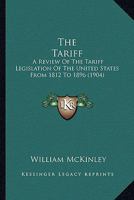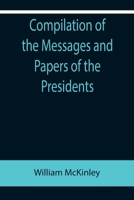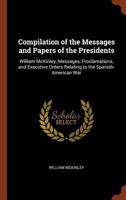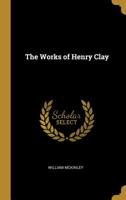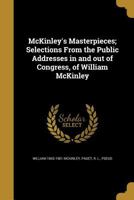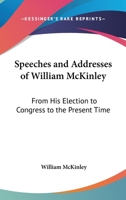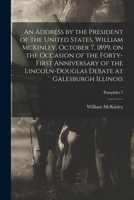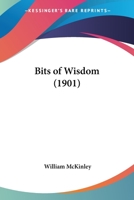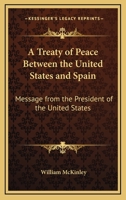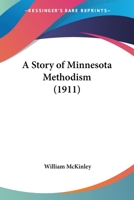Book Overview
Adam Silvera reminds us that there's no life without death and no love without loss in this devastating yet uplifting story about two people whose lives change over the course of one unforgettable day.
#1 New York Times bestseller * four starred reviews * A School Library Journal Best Book of the Year * A Kirkus Best Book of the Year * A Booklist Editors' Choice * A Bustle Best YA Novel * A Paste Magazine Best YA Book * A Book Riot Best Queer Book * A BuzzFeed Best YA Book of the Year * A BookPage Best YA Book of the Year
On September 5, a little after midnight, Death-Cast calls Mateo Torrez and Rufus Emeterio to give them some bad news: They're going to die today.
Mateo and Rufus are total strangers, but, for different reasons, they're both looking to make a new friend on their End Day. The good news: There's an app for that. It's called the Last Friend, and through it, Rufus and Mateo are about to meet up for one last great adventure--to live a lifetime in a single day.
In the tradition of Before I Fall and If I Stay, They Both Die at the End is a tour de force from acclaimed author Adam Silvera, whose debut, More Happy Than Not, the New York Times called "profound."
Featuring a map of the novel's characters and their connections, an exclusive essay by the author, and a behind-the-scenes look at the early outlines for this critically acclaimed bestseller.
Plus don't miss The First to Die at the End: #1 New York Times bestselling author Adam Silvera returns to the universe of international phenomenon They Both Die at the End in this prequel. New star-crossed lovers are put to the test on the first day of Death-Cast's fateful calls.
Customer Reviews
How to Be an Antiracist Mentions in Our Blog
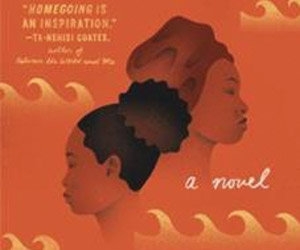
Recent events have shone a light on the inequality and violence threatening Black Americans. In response, many of us are looking for ways to educate ourselves and effect change. This has led to an explosion of galvanizing new content around Black history and culture. Here we spotlight some of the prominent voices that have emerged over the last few years.
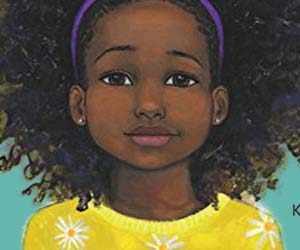
As the U.S. grapples with nationwide unrest following the death of yet another black man in police custody, lots of the kids in our lives are asking tough questions. Here are twelve books that can help young readers understand the reasons behind the anger and the need for activism.













